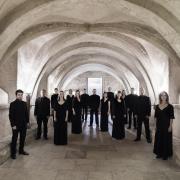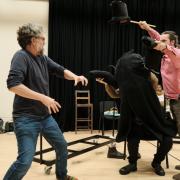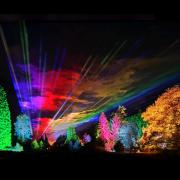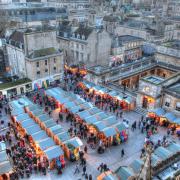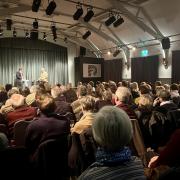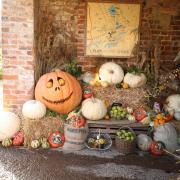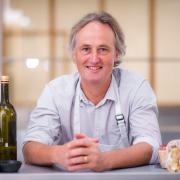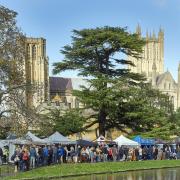Imagine a world without cappuccinos, chocolate, apples, strawberries or even Somerset cider. These are all dependent on insect pollination, yet in recent years there has been a dramatic decline in bee and pollinator populations. An event this month aims to raise awareness of such issues.
The University of Bristol Botanic Garden’s Festival on 7 and 8 September aims to highlight the importance of insect pollinators for food production.
The Bristol Branch of the Avon Beekeepers Association will stage its annual Bristol Honey Festival as part of the event, with displays of honey and bee products.
A live hive will give visitors an insight into the workings of the honey bee, along with talks and displays on the importance and pleasure of keeping bees.
The theme this year focuses on vegetable and fruit growing and Bristol City Council allotments team and Avon Organic Group will show a host of ideas for improving efforts with garden displays.
A variety of nurseries will be selling stunning insect-friendly plants and the event will also feature research by the University’s School of Biological Sciences.
Its Urban Pollinators Project with partners at Bristol City Council’s Meadow Bristol project has recently been awarded the Mayor’s Bristol Genius Award at the city’s Festival of Ideas Awards Evening for work on urban flower meadows in Bristol.
The festival does not just focus on UK issues. In line with the Botanic Garden’s mission objectives which are to educate, communicate and conserve, the display by the Bees for Development Trust will demonstrate how it undertakes practical projects overseas to develop people’s knowledge of how to create reliable income from bees and beekeeping.
A couple of bee colonies can generate income that allows a family to buy essential medicine or send a child to school.
Other exhibitors include Butcombe Brewery, which will be providing beer tastings and Riverford Organic Farms.
Orchid enthusiasts, including Writhlington School Orchid Project and Kelvin Bush orchids, will show the relationship between pollinators and flowers in a display of orchids, Bristol Naturalists will advise on identifying bees and Friends of the Downs and Avon Gorge will explain how they protect and enhance these areas for the benefit of wildlife.
Other demonstrations will include cider apple pressing, how to build insect hotels and weave enchanting willow sculptures.








